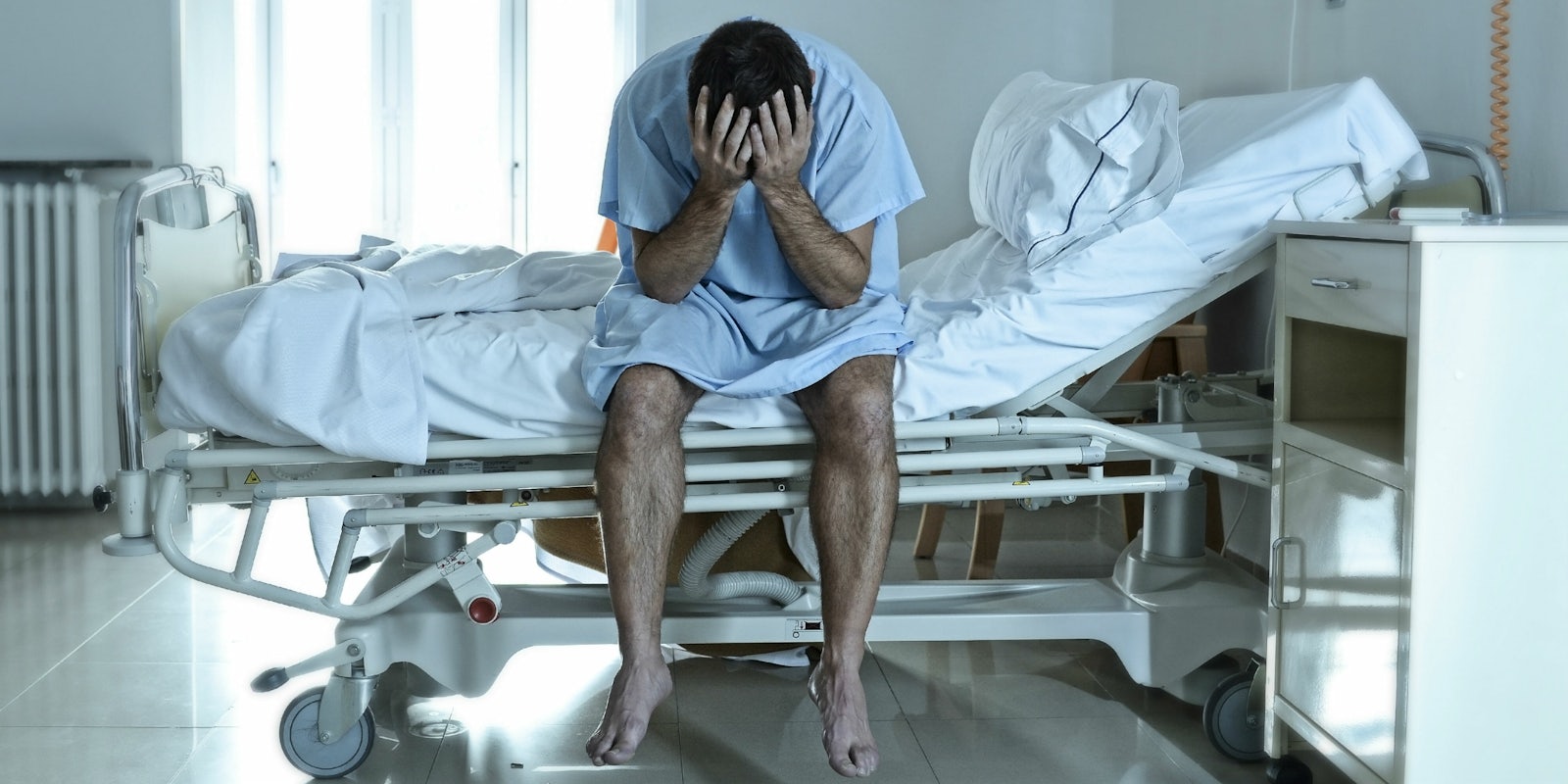Would you be willing to recover from surgery at a stranger’s Airbnb?
That’s what the U.K.’s National Health Services (NHS) is asking with its new pilot, which looks for an alternative to hospitals and care homes for people recovering from illness or injury. Those who rent out a room could be paid up to £1,000 a month.
The hope is that the on-demand service will free up hospital beds and reduce the £100 million a year the NHS loses to bed blocking, according to the Health Service Journal, which first reported the scheme.
The idea has come under fire from both medical professionals and the public, who are concerned about the safety of patients staying with an untrained stranger.
The Save Southend A&E campaign group, whose members include clinicians, said, “We are shocked that an NHS trust is endorsing such a company. It is almost weekly that there are reports of abuse and poor care in registered residential and care homes, therefore the monitoring of such ‘placements’ in private homes would be a huge and risky task.”
The group is also worried about how the idea is being pitched as a money-making scheme instead of a viable alternative to hospital care. The group says fliers were handed out which were “offering people the chance to earn up to £1,000 a month renting out a spare room to accommodate someone needing to recuperate from hospital.”
The NHS is working on logistics for the program with a startup called CareRooms. The new company claims the quality of care will be “better than standard practice.”
Harry Thirkettle, a part-time emergency registrar in Essex, told NHJ that it would conduct “robust” checks, including interviews and criminal records checks, on potential hosts. He says they will also require training on food hygiene, cleanliness, and the Mental Capacity Act, which is designed to protect individuals in the U.K. who may lack the mental capacity to make decisions about their own care. Hosts are asked to “welcome the patient, cook three microwave meals a day and offer conversation.”
Patients who had a minor procedure and live alone or don’t have family members to take care of them are currently being considered as candidates for the pilot program.


